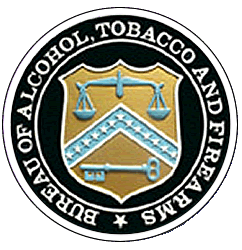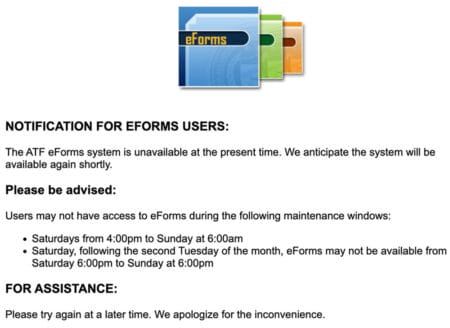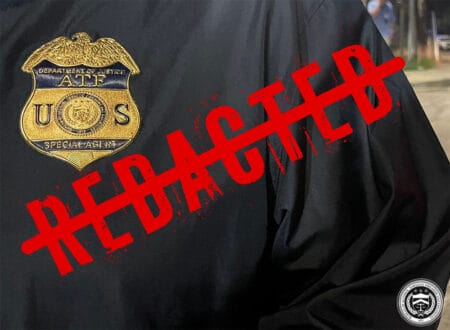Open Letter To All Tennessee Federal Firearms Licensees
U.S. Department of Justice Bureau of Alcohol, Tobacco, Firearms and Explosives Assistant Director

Tennessee – -(AmmoLand.com)- The purpose of this letter is to provide guidance on your obligations as a Federal firearms licensee (”FFL”). The Bureau of Alcohol, Tobacco, Firearms and Explosives (”ATF”) is dedicated to your success in meeting your requirements as a Federal firearms licensee. The following guidance is intended to assist you in accomplishing this goal.
The passage of the Tennessee Firearms Freedom Act, H.B. 1796, 106th Leg. (Tenn. 2009) 1796 (”Act”), effective June 19, 2009, has generated questions from industry members as to how this State law may affect them while engaged in a firearms business activity. The Act purports to exempt personal firearms, firearms accessories, and ammunition manufactured in the State, and which remain in the State, from most Federal firearms laws and regulations. However, because the Act conflicts with Federal firearms laws and regulations, Federal law supersedes the Act, and all provisions of the Gun Control Act and the National Firearms Act, and their corresponding regulations, continue to apply.
As you may know, Federal law requires a license to engage in the business of manufacturing firearms or ammunition, or to deal in firearms, even if the firearms or ammunition remain within the same state. All firearms manufactured by a licensee must be properly marked. Additionally, each licensee must record the type, model, caliber or gauge, and serial number of each firearm manufactured or otherwise acquired, and the date such manufacture or other acquisition was made. The information required must be recorded in the licensee’s records not later than the seventh day following the date such manufacture or other acquisition was made. Firearms transaction records and NICS background checks must be conducted prior to disposition of firearms to unlicensed persons. These, as well as other Federal requirements and prohibitions, apply whether or not the firearms or ammunition have crossed state lines.
If you have any questions regarding the Federal firearms laws and regulations, please contact your local ATF office. ATF works closely with the firearms industry and appreciates the important role the industry plays in combating violent crime. A listing of ATF office phone numbers can be found at https://www.atf.gov/contact/field.htm. Carson W. Carroll, Assistant Director (Enforcement Programs and Services)”
About:
ATF – A unique law enforcement agency in the United States Department of Justice that protects our communities from violent criminals, criminal organizations, the illegal use and trafficking of firearms, the illegal use and storage of explosives, acts of arson and bombings, acts of terrorism, and the illegal diversion of alcohol and tobacco products.
We partner with communities, industries, law enforcement and public safety agencies to safeguard the public we serve through information sharing, training, research, and use of technology.




